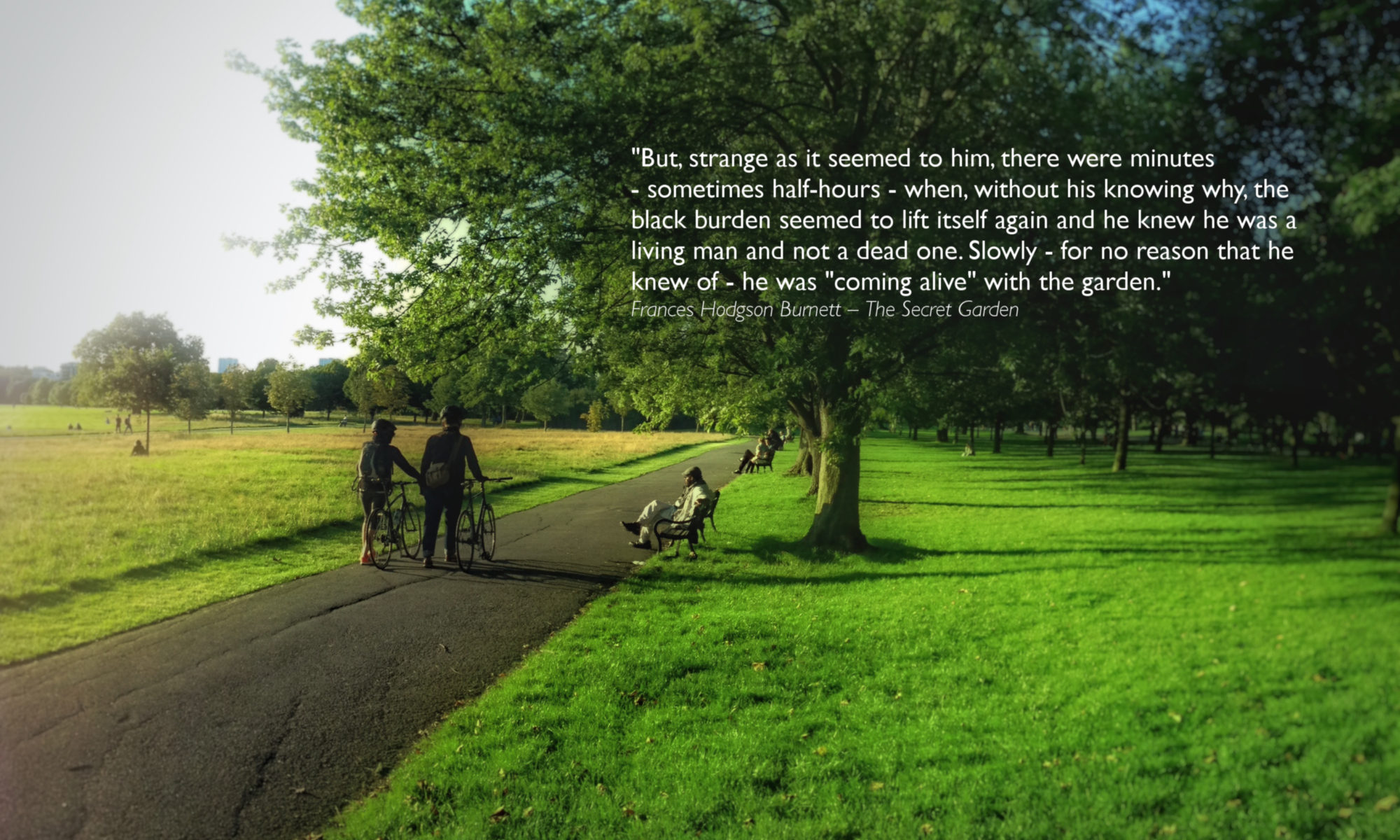Thinking about psychotherapy, many doubts can arise. In this section I’ll try to answer some of the most frequent.
Does PSYCHOTHERAPY WORK?
Yes, psychotherapy works. Both scientific works and personal experiences reveal it.
However, a good psychotherapeutic outcome doesn’t always correspond to the client initial expectations. This isn’t necessarily a problem: therapy could unfold in a completely unexpected way (luckily we’re not able to predict everything!), bringing the client to internal well-being and to a better self-consciousness.
Psychotherapy is based on the relationship between the therapist and the client. This is its best advantage, but at the same time it means that psychotherapy includes many unknowns, which render every therapeutic experience special and not generalizable.
WILL THE THERAPY TURN ME IN A DIFFERENT PERSON?
This doubt often worries clients. Dealing with inner change also means coping with many personal wishes and fears.
Many people think that entering the psychotherapy room causes a complete internal transformation, up to the point of not being able to recognise themselves. Others think that starting a psychotherapy means erasing their past and beginning a new life of sorts.
Keeping in mind that psychotherapy deals with change, this is not entirely true. Starting from the moment he wishes to begin a therapy, the client is the real protagonist of the therapeutic work. Step by step, while dealing with his sufferings, the client will get conscious of a change in his inner life while feeling at the same time extremely authentic.
Starting often as a need, psychotherapy can be a chance for the client to become more conscious and free in approaching his inner world, hence his own way of living.
HAS PSYCHOTHERAPY AN END? WILL I DEPEND ON THE THERAPIST?
Yes, psychotherapy has got an end.
Anyway, in my way of working the conclusion moment isn’t prescribed by the therapist, neither predictable during the first appointment as it happens in other therapeutic approaches. Usually it is discussed between client and therapist.
Being psychotherapy a spontaneous choice guided by motivation, the client can certainly talk about the opportunity to end his therapy and do it whenever he believes it is important.
The therapeutic work follows subjective timings, also because dealing with personal sufferings needs a careful and delicate attitude.
Moreover, even if the client primary objective is to solve his problems or symptoms as quickly as possible, he often needs to take time to realise how those symptoms are related to deep emotions and feelings, as much as to his present and personal history.
During the course of the therapy the client will learn to watch and listen to himself, a skill that will translate to his everyday life, even after his psychotherapy has ended.
CAN A PSYCHOTHERAPIST PRESCRIBE MEDICATIONS?
Whenever a specific client requires medication, the therapist will recommend him to a professional able to prescribe it.
